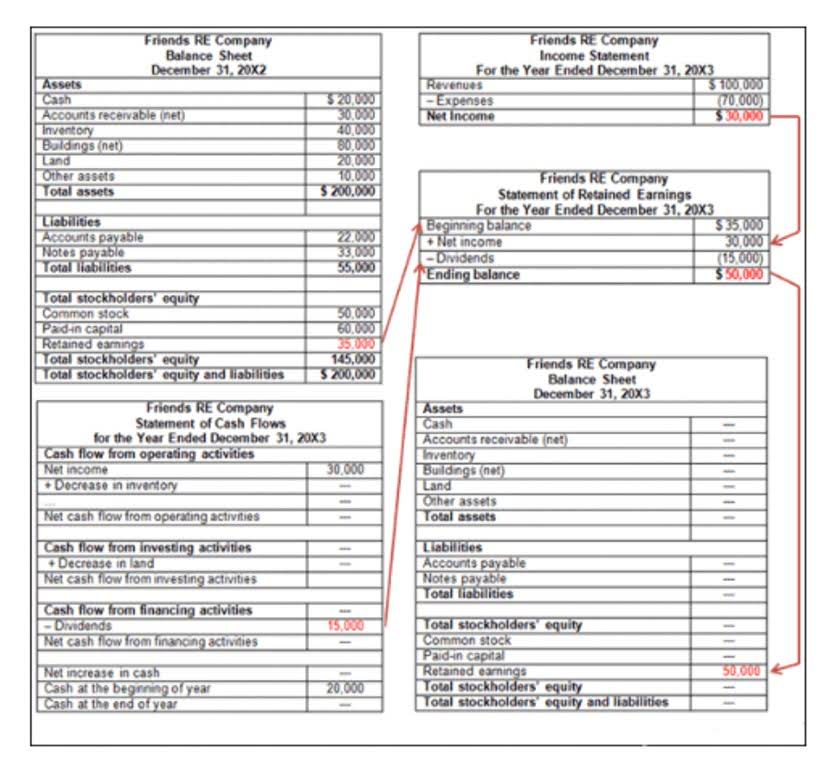At any time, these businesses may elect to change to a calendar year. “If your company qualifies as a ‘smaller reporting company’ or an ‘emerging growth company,’ it will be eligible to rely on scaled disclosure requirements for these reports,” writes the SEC. When exactly a fiscal year begins varies based on the type of business, seasonal considerations, and country where the business is located. All content on this website, including dictionary, thesaurus, literature, geography, and other reference data is for informational purposes only. This information should not be considered complete, up to date, and is not intended to be used in place of a visit, consultation, or advice of a legal, medical, or any other professional. Yes, a business can change its fiscal year to a natural business year, but it typically requires approval from the relevant tax authorities and adherence to regulatory guidelines.
Accounting terms,
For instance, a business might allocate a larger portion of its marketing budget to its busiest quarter, maximizing returns. Identifying a natural business year involves understanding a company’s operational rhythms and financial cycles. This requires analyzing sales patterns, cash flow trends, and customer demand fluctuations. For instance, a retail business might see peak sales during the holiday season, while an agricultural company may align its financial year with harvest cycles.
- There is no tuition fee for the H&R Block Income Tax Course; however, you may be required to purchase course materials, which may be non-refundable.
- Similarly, retail businesses see greater traffic during the end-of-the-year holidays.
- In the United States, eligible businesses can adopt a fiscal year for tax reporting purposes simply by submitting their first income tax return observing that fiscal tax year.
- Fiscal year-end is also used to determine the filing dates and due dates for extensions.
- An ITIN is an identification number issued by the U.S. government for tax reporting only.
The Law Dictionary
Companies must file Form 1128 to request a change in their tax year and demonstrate a valid business purpose to gain approval. Understanding these requirements is essential to avoid penalties or compliance issues. A tax year is the accounting period you choose to calculate your income and expenses for taxation purposes. To qualify for a different fiscal year, you must meet certain requirements, such as following particular accounting methods and filing a Form 1128.
In addition, with the sales level so low, it is much easier for the accounting staff to close the books at the end of the natural business year. That way the beginning of the next year it can start fresh with zero balances in all its income statement accounts. Closing the books on an annual calendar year basis works well for companies that aren’t seasonal and don’t have large variations in sales throughout the year.
By examining these patterns, businesses can determine logical start and end dates for their fiscal year, ensuring financial statements reflect operational realities. Why would a business choose a natural business year over a calendar year? Choosing a natural business year allows businesses to close their books at a time that reflects their actual operational cycles, leading to more accurate financial reporting and inventory management. To the IRS, sole proprietorships lack distinct identities apart from their proprietors, who as individuals typically use a calendar year when filing their returns. Flow-through entities using a fiscal year file their return by the 15th day of the third month following the close of their fiscal year.
- January and after Christmas is also a busy part of their fiscal year.
- This course is not open to any persons who are either currently employed by or seeking employment with any professional tax preparation company or organization other than H&R Block.
- Companies that adopt a fiscal year also must use the same time period in maintaining their books and reporting income and expenses.
- The Internal Revenue Code outlines criteria for fiscal year changes, and businesses must demonstrate a legitimate business purpose when seeking approval through Form 1128.
IRS Publication 538, Accounting Periods and Methods, provides detailed information about how to do this. The only way you can change to fiscal year reporting is to request permission from the IRS. Even when in a salaried position, if I earned extra income through freelance gigs, I am required to pay quarterly taxes if I earn over a certain amount.
Sales
These are estimates of taxes owed for the calendar year in progress. I pay four times a year to the federal, state, and local governments. Quarterly reporting is a way to maintain transparency for investors and provide principles of discipline for management. However, not every business leader is in favor of quarterly reporting.
Claim $20 Off PRO Plus
However, Jonda Lowe, author and proprietor of the financial advisory site JondaKnows.com, shared an important distinction. Discover comprehensive accounting definitions and practical insights. Empowering students and professionals with clear and concise explanations for a better understanding of financial terms. If the business qualifies for an automatic approval request, the IRS doesn’t charge the business a user fee. “If you do not qualify for automatic approval, a ruling must be requested, and a user fee is required,” wrote the IRS.
The natural business year is defined as a period of twelve consecutive months in which accounting of business operations performed an entity is done…. This means that a company opens its books on January 1st and closes its books on December 31st. All companies don’t have to use a calendar year to open and close their books. This type of odd year end coincides with the business’ sales flow rather than the calendar. This makes sense because businesses wouldn’t want to close their books right in the middle of a business season just because it falls on the end of the year.
This document, a Form 10-Q, must be certified by the company’s CEO and CFO. Those C-suite executives must also sign off on annual financial statements filed with the SEC through a Form 10-K. Harold Averkamp (CPA, MBA) has worked as a university accounting instructor, accountant, and consultant for more than 25 years. Many companies have a natural business year of January 1 through December what is a natural business year 31. On the other hand, some companies are required by government regulations to end their accounting years on December 31, even though it is not the end of their natural business year.
Terms like fiscal quarters, dividends, and year-over-year growth were tossed around the dinner table in response to the news. Changing the fiscal year can alter the timing of tax deductions and credits. Depending on the nature of the business, a new fiscal year may affect when certain expenses are deducted. For example, aligning a fiscal year to capture peak-season marketing costs in the same period can optimize tax outcomes. Estimated tax payments must also be adjusted to reflect the new fiscal year. The move also impacts the timing of financial audits and statement preparation.
AccountingTools
In the United States, eligible businesses can adopt a fiscal year for tax reporting purposes simply by submitting their first income tax return observing that fiscal tax year. Incorporating seasonal insights also improves forecasting and budgeting. By analyzing historical sales data alongside market trends, businesses can anticipate revenue and expense fluctuations more accurately. This enables strategic resource allocation, ensuring investments and expenditures align with peak profitability periods.
Auditors may need to adjust their procedures for the new reporting timelines, potentially affecting audit fees and schedules. Businesses should collaborate with auditors to ensure a smooth transition and address any risks of non-compliance or misreporting. Enhance operational efficiency by aligning your business strategies with the natural business year for improved financial and strategic outcomes. When there is no discernible natural business year, many businesses tend to adopt the calendar year as their official fiscal year.
This approach synchronizes financial planning with operational realities, enabling more effective resource allocation and strategic initiatives. By reflecting the actual business cycle, companies can create budgets that accommodate seasonal revenue and expense variations, enhancing financial stability. A fiscal year is a one-year period that companies and governments use for financial reporting and budgeting.
Although just about any business can choose to use a calendar year as its tax year, the IRS requires some businesses to do so. Businesses that don’t keep books and have no annual accounting period must use a calendar year. Shifting a fiscal year has implications for financial reporting and compliance with accounting standards like GAAP or IFRS.
Business Ethics — Why They Matter and How Your Company Can Get it Right +Expert Tips
A fiscal year is most commonly used for accounting purposes to prepare financial statements. Although a fiscal year can start on January 1st and end on December 31st, not all fiscal years correspond with the calendar year. For example, universities often begin and end their fiscal years according to the school year. The IRS allows businesses to use a week tax year as an alternative to the calendar year and the fiscal year. Visit hrblock.com/ez to find the nearest participating office or to make an appointment.














